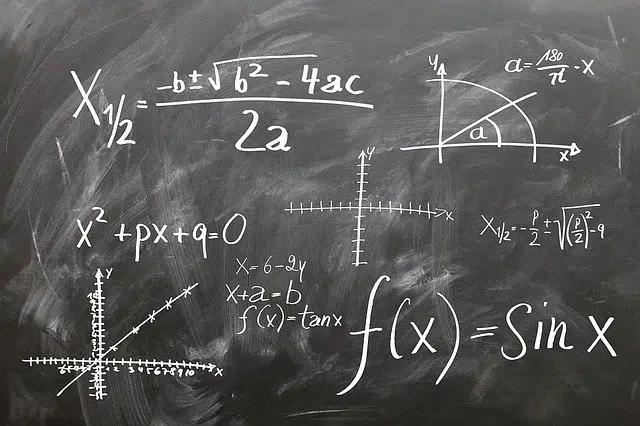
Popper stated that if a theory cannot be refuted then it is true.
The philosophical doctrine that postulates falsifiability as a principle to distinguish between what is scientific and what is not is called falsificationism . Falsifiability, for its part, refers to the falsifiable condition: that it can be falsified (refuted or denied).
Karl Popper
Falsificationism was developed by Karl Popper . According to this Austrian thinker, the testing of a theory or hypothesis consists of an attempt at refutation through a counterexample . When such refutation cannot be achieved, it is understood that the theory is proven and therefore can be accepted.
Popper , in any case, indicated that there is no such thing as a totally true theory . For falsificationism, an unrefuted theory is accepted as valid but always provisionally .
verificationism
This current of epistemology , baptized by Popper as critical rationalism , is one of the foundations of the scientific method . Falsificationism emerged as an option compared to verificationism , based on the incorporation of observational facts as a corroboration of the theory.
There is, therefore, a conceptual differentiation between falsificationism and verificationism. The demarcation criterion proposed by Popper indicates that, when a theory is falsifiable, it is scientific. On the other hand, if the theory is not falsifiable, it cannot be considered part of science .
Falsificationism, in short, allows us to accept or reject a theory as scientific . The theory that can be falsified is scientific, since it is possible to test it and disprove it with experiments or facts. Thus, a theory is provisionally corroborated by empirical evidence, although it is never definitively confirmed.
Sophisticated falsificationism
The Hungarian philosopher, mathematician and physicist Lakatos Imre coined the term sophisticated falsificationism to name his criticism of Popper's ideas and epistemology, which he based on a series of scientific research programs . The latter's methodology helped him solve certain problems of falsificationism, so it was a real advance.
This led him to refer to Popper's falsificationism as "naïve." It should be noted that, in any case, this acidic way of referring to the work of the Austrian scientist was not something against him, since he included his later ideas under the name "sophisticated". In this context we must mention the German physicist, philosopher and historian Thomas Samuel Kuhn , who went down in history for his contributions to scientific sociology and philosophical orientation. His most notable work, from 1962, is titled The Structure of Scientific Revolutions .
One of Lakatos's works consisted of adapting Popper's theory to that of Kuhn: the former stated that the history of science advances rationally ; the second, however, does so through competition and confirmation of various theories, beyond the use of facts to falsify them. Lakatos relied on the fact that scientists do not isolate theories to evaluate them, but rather consider them in groups.

Kuhn and Lakatos did not support the study of theories in isolation, but always together.
dogmatic falsificationism
Also known as naturalistic falsificationism , dogmaticism takes into account the fallibility (logical doctrine according to which a proposition can be denied by altering its truth value) of any theory, although it retains an infallible empirical basis and does not fall into inductivism (the method that generates general conclusions based on isolated and particular statements).
Dogmatic falsificationism is based on two assumptions: that there is a psychological border that divides speculative and theoretical propositions from observational or factual ones; that it is enough for a proposition to satisfy the criterion of being observational for it to be considered true, proven. These two statements are considered false, so they cannot support the theory of this type of falsificationism.
